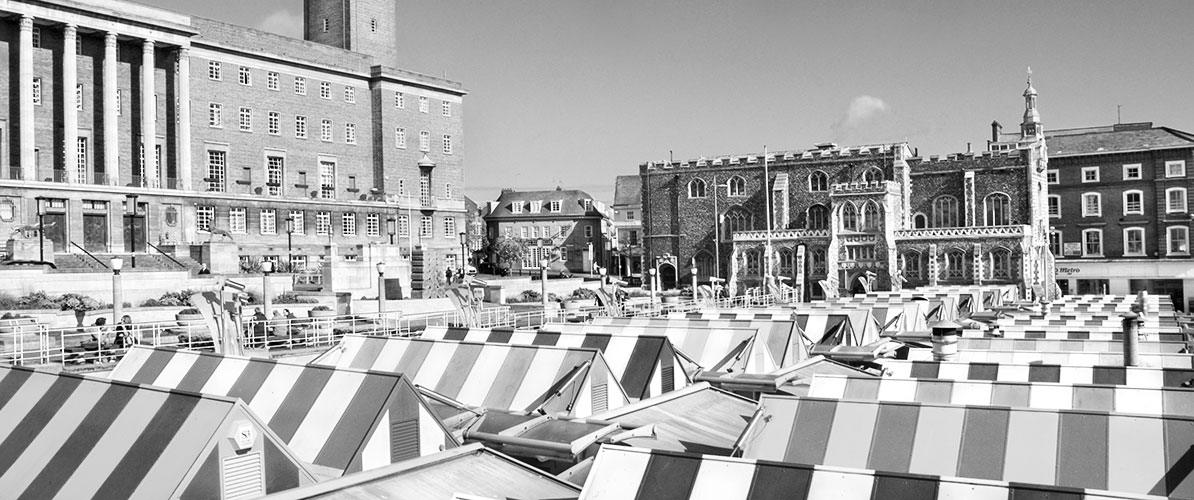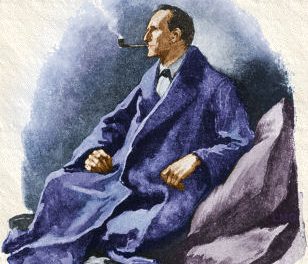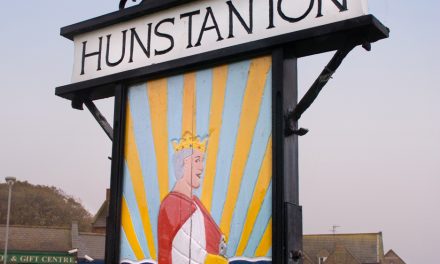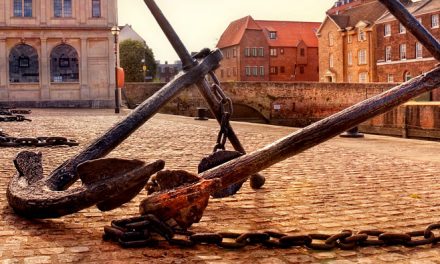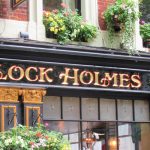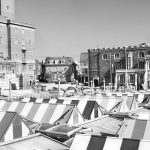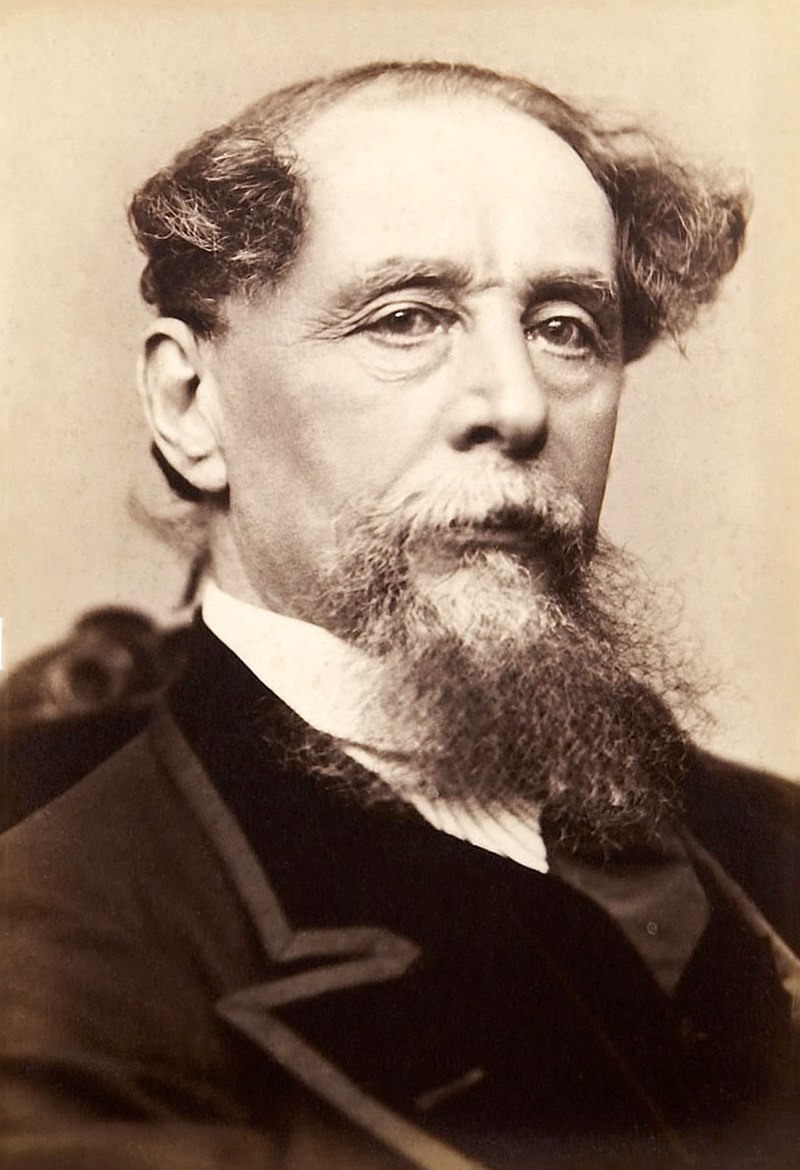This tale is taken from ‘Visitors’ Historic Britain: Norwich and Norfolk’ by Stephen Browning and Daniel Tink and published by Pen and Sword in February 2020 at £14.99
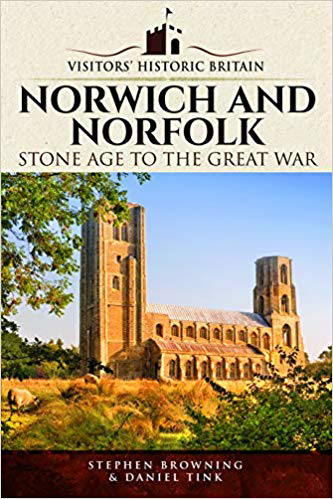
A fictional story based on genuine news reports in the local papers of the day
The year is 1814 and we are accompanying a young clerk to the insurance firm of The Norwich County and Municipal Insurance Company which has offices overlooking the Market Place. His first name is Cloudesley, which is quite a popular name of the time. His job as clerk is a pretty good achievement, although not fabulously well paid to begin with but, yes, he is on his way.
As he walks to work, what does he see? Cloudesley has to tread carefully as he crosses the Market Place to avoid the blood and offal of the butchers who are just setting up shop. There are also leather merchants, coffee dealers, beer sellers, vendors of hot potatoes, bread makers and bakers of the famous Norwich Biscuit which is filling but probably 50 per cent chalk: he needs to watch that he is not hit by the waste they throw from their stalls without looking! Everything is just left to drain away down to the bottom of the square where a pack of dogs laps up the disgusting-looking mess.
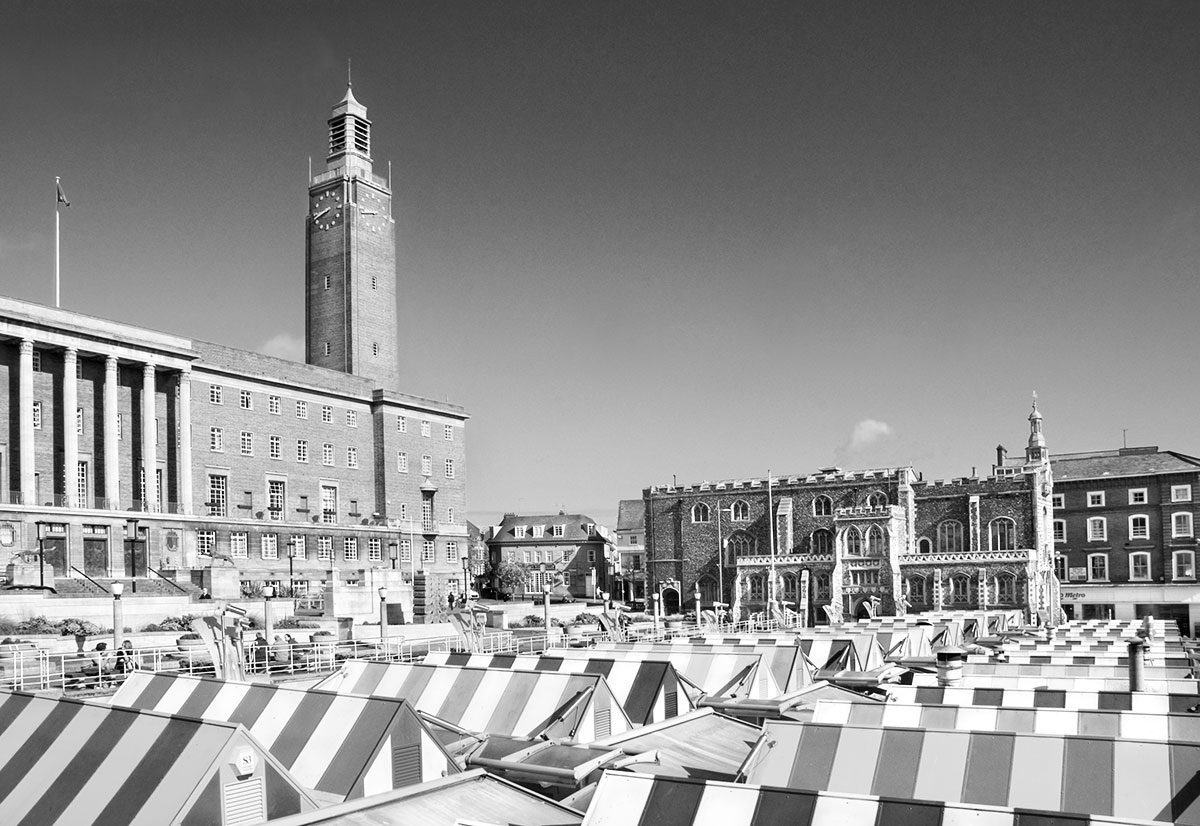 Norwich Market and City Hall
Norwich Market and City Hall
There is a wretched looking man in a pen – he has a shirtless top with a scarred back and several people are laughing, throwing rotten vegetables at him. He has obviously been there all night, having been flogged for drunkenness or maybe lewd behaviour. Being a kind sort of chap, Cloudesley gives him his flask of weak beer – cold water is far too dangerous to drink – which the pitiful man grasps thankfully and downs in one.
It’s only ever men who you see being punished in the Market Place – most days there is at least one flogging and several left in cages like the chap this morning. This does not mean that women don’t swear, fight, steal or get drunk – the courts are full of them as a matter of fact. No, it’s just that their punishment is always courtesy of the ducking stool at Fye Bridge, near Tombland.
 Fye Bridge
Fye Bridge
The main thing, though, is the smell and it is something our hero can never get over. He cannot understand why people let themselves smell so rank – Cloudesley insists on going to the public bathhouse once every few weeks, whether he feels dirty or not. He passes a group of well-dressed people, each of whom has an orange, pricked all over, in front of their noses to ward off the worst of it. Oranges are very expensive: one day, maybe, he will treat himself.
On the whole, the Market Place has happy memories for him. It is here that nine years before he had witnessed the wonderful news of Admiral Lord Nelson’s victory over the combined French and Spanish fleets at Trafalgar. The news was conveyed to the city by coach which arrived colours flying to the cheers of the crowd. The Volunteer Corps paraded and fired a joi de vie. The bells of St Peter Mancroft were rung throughout the day, although the news was cast in shadow by the death of the hero of the Nile and Trafalgar. A giant Ox was roasted in the pub on the corner.
Truth be told, Cloudesley is just a little tired this morning. Last night he and a group of the clerks had gone to Mrs Peck’s Coffee and Ale House on Gentleman’s Walk. The poster had read:
‘To be seen alive in a genteel room at Mrs Peck’s Coffee and Ale House, Market Place, Norwich, the largest Rattlesnake ever seen in England, 42 years old, near nine feet long, in full health and vigour. He is well secured so that Ladies and Gentlemen may view him without the least danger. He has not taken any sustenance for 11 months. Admittance, Ladies and Gentlemen 1s; working people and children 6d.’
It was a bit of a mystery why this particular creature was not eating – Norwich had many such ‘exhibits’ and the usual thing was that people would be admitted at half price if they brought something – a live mouse or a rat, say – to feed to the animal.
Afterwards, being in fine spirits, the party could not resist going just up the road to the White Hart, Rampant Horse Street, to see the famous ‘counting pig’. It might have been the beer but it was amazing – customers were invited to hold up a number of fingers and lo! the fat old porker would scrape a paw on the ground the right number of times! Cloudesley couldn’t help thinking that maybe, somewhere out of sight, was a man with a pointed stick, poking the poor thing…
So, what’s going on in ‘No Mean City’ as the people so proudly called it? How are things?
There is great nervousness about a probable French invasion, which could well happen via Weybourne. The greatest ever British General, Wellington, may have blunted Napoleon’s glories and sent him into exile, but there were almost weekly rumours of his escape. Besides, the French absolutely detested us, a feeling returned with vigour. The largest pub on Gentleman’s Walk, owned by Alderman Davey – he who has recently invented an iron coffin, said to be completely safe against body snatchers – has an effigy of the strutting Corsican being skewered on a giant fork by John Bull. The pub is very popular. From the coast to the top of Norwich Castle are a series of wooden beacons ready to be fired if the French are spotted. Thus, Norwich would know within minutes if the dreaded enemy had landed.
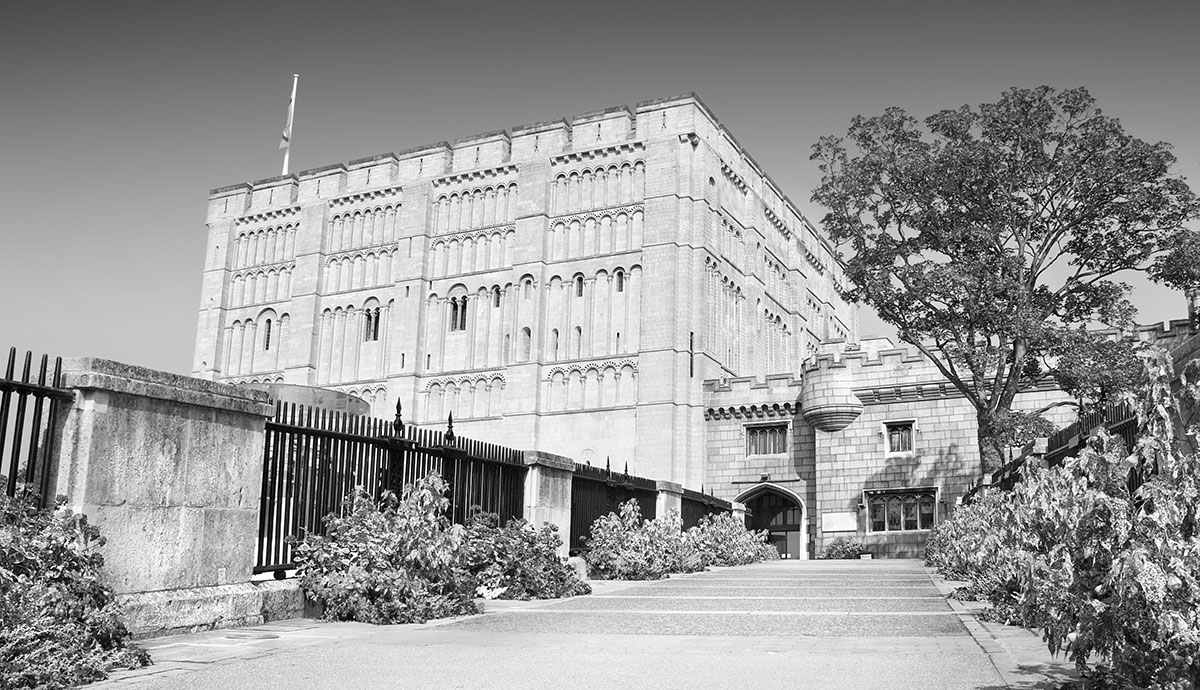 Norwich Castle
Norwich Castle
Cloudesley always arrives early for work as he likes to take a look at the newspaper before the five fellow clerks, with whom he shares an office, arrive. He sits at his tall wooden stool and spreads the Norfolk Chronicle out on his desk.
Several items catch his eye. The population of Norfolk is returned as 274,221, of whom 130,249 were males and 143, 972 females. However, as about 4,000 men are away in Wellington’s army, the sexes are slightly more equal than that figure suggests.
Cloudesley had also reads that 247,000 quarts of soup are weekly being given to the poor. However, all is not doom and gloom as the Palace Workhouse – down by the old Palace of the Duke of Norfolk, the one who lost his head planning to marry Mary, Queen of Scots – reports that numbers of inmates has fallen from 1,027 to 425.
Wheat has risen from 146 shillings per quarter at the beginning of the month to 180 at the end. Various ruses are being tried to get people to eat less bread. ‘The officers of the West Norfolk Militia’, the paper states, ‘have entirely left off the use of bread at their mess, and have forbid the use of puddings and pies, except the crust is made of rice or potatoes, which they eat in a variety of shapes as a substitute for bread. Nurses are advised to use linseed meal and water instead of bread and milk in making poultices’
He is pleased to read that repairs to the disastrous fire in the roof of Norwich Cathedral, caused by careless workmen and estimated to be costing over £500, are almost complete.
 Norwich Cathedral
Norwich Cathedral
Oh, lucky man! The winner of the Irish lottery, Mr Charles Weston, is a banker living in Norwich and is today richer to the tune of £15,000.
A new machine has been invented by Revd Munnings for planting turnips.
Chapelfield, where he often eats his lunch, is berated by a leading architect as being ‘a very cockneyfied and badly laid out public space’.
The man previously cleared by Magistrates for knocking down and stealing the wallet from an old soldier in Castle Ditches – who subsequently died – has had an attack of conscience and confessed even though he knows he will be hanged.
Under a section called ‘Curious Notes’ he reads of a businessman, Ainsworth Crisp, who has a shop in London Street and lives upstairs. He has had a coffin made of solid English oak, with a silver plaque on the outside giving his name: only the exact date needs to be filled in. This coffin is kept in the corner of his bedroom and is used as a cupboard.
A lady in the letter’s column complains that Cromer is become far too expensive as regards lodging in the season but is pleased that this will keep out the troublesome London Cockney. As regards Happisburgh, one reader agrees with Walter Rye who, in a famous account of 1885, scathingly said that no book was to be found there; everyone is in bed by nine; dullness reigns supreme; and William Cowper, the poet, went there but he went mad and he does not wonder at it.
Much of the paper is filled with crime, which is rampant, there being no law enforcement officers employed by the authorities. It is true that Aldermen can appoint men with temporary powers to arrest and detain troublemakers but, being usually the chief troublemakers themselves, they were notoriously subject to bribes and worse.
Four men have been hanged in Norwich – two for robbing the Rectory at North Walsham; one for stealing a cow and three heifers and one for stealing six sheep.
At Norwich Quarter Sessions John William Smith was charged with stealing a silver spoon from the Waggon and Horses public-house, the property of William Smith, and a coat, the property of Michael Callow, from the Crown Inn, St Stephens. He was sentenced to seven years’ transportation.
He is much taken with the report about a library which may open in the Guildhall building – the cost of membership is high, no doubt to detract ruffians, but the idea of being able to borrow books is pretty exciting: he reads a letter in the Chronicle from a Parson who thinks that allowing the working man to gain knowledge will inevitably lead to them becoming discontented with their lot and end in disaster. Hmm… it’s a thought.
Life expectancy in 1814 would have been about 40 years. Cloudesley will do better than this because he is temperate in his habits, takes a good wash every now and again and has a respectable career which will mean a reasonable house. He hopes to find a local girl to settle down with and will no doubt find himself at six this evening parading up and down Gentleman’s Walk, which is exactly what it says, and may fall into a coffee shop now and again to rest and set the world to rights – especially regarding that troublesome French so-called ‘Emperor’ – with his fellows. Life is good! He picks up an invoice from the pile in front of him, nods ‘Hi’ to Tim, a fellow clerk who is just coming in the door, and begins his day’s labours.

